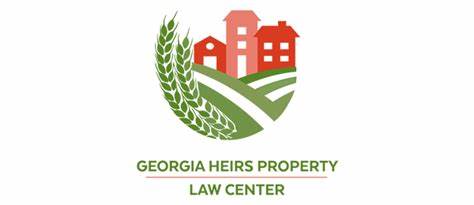Property law serves as the bedrock of society’s interactions with land and real estate. It encompasses a complex and multifaceted legal framework that governs the rights, responsibilities, and disputes related to ownership, use, and transfer of property. From residential homes to commercial buildings, property law plays a pivotal role in shaping transactions, resolving conflicts, and ensuring the orderly development of communities. This article provides an in-depth exploration of property law, shedding light on its fundamental concepts, key principles, and its critical role in the legal system.
Contents
Defining Property Law
Property law encompasses a comprehensive set of legal rules and regulations that govern the ownership, use, transfer, and rights associated with real and personal property. Real property includes land, buildings, and natural resources, while personal property comprises movable assets like vehicles, jewelry, and intellectual property.
Key Concepts in Property Law
Ownership Rights: It defines various forms of ownership, including fee simple, joint tenancy, tenancy in common, and life estates, each conferring distinct rights and obligations to property owners.
Title and Transfers: Property ownership is established through legal documents such as deeds, which transfer ownership from one party to another. Title searches ensure the property’s legal history is clear before a transfer.
Easements and Covenants: Easements grant limited rights to use another’s property (e.g., for access), while covenants are legally binding agreements that impose restrictions on property use to maintain a desired character or value.
Landlord-Tenant Relationships: It governs the legal relationships between landlords and tenants, including lease agreements, rent collection, and eviction procedures.
Zoning and Land Use: Zoning laws regulate how land can be used, including residential, commercial, and industrial zones. Variances and rezoning requests allow exceptions to zoning regulations.
Property Law in Practice
Purchase and Sale: It governs real estate transactions, ensuring legal transfer of ownership and protecting the rights of buyers and sellers.
Real Estate Development: Developers navigate property law to acquire land, secure permits, and comply with zoning regulations for construction projects.
Eminent Domain: Governments exercise eminent domain to acquire private property for public use, providing compensation to property owners under it.
Property Disputes: Property law addresses conflicts such as boundary disputes, trespassing claims, adverse possession (acquiring land through continuous use), and quiet title actions (resolving competing ownership claims).
Inheritance and Estates: Property law plays a role in estate planning, ensuring the orderly distribution of assets upon an individual’s passing through wills, trusts, and probate proceedings.
Significance of Property Law
It underpins the stability and functionality of modern society by establishing clear rights, responsibilities, and procedures related to property ownership and use. It promotes economic growth, protects investments, and ensures the equitable distribution of resources.
It is a cornerstone of legal systems worldwide, encompassing a wide array of principles and concepts that govern the complex interactions between individuals, organizations, and land. As society evolves, it continues to adapt to new challenges, technologies, and dynamics, ensuring the fair and orderly management of property rights and transactions. Whether in real estate transactions, development projects, or resolving disputes, it remains a critical component of the legal framework that shapes our built environment and underpins our daily lives.



